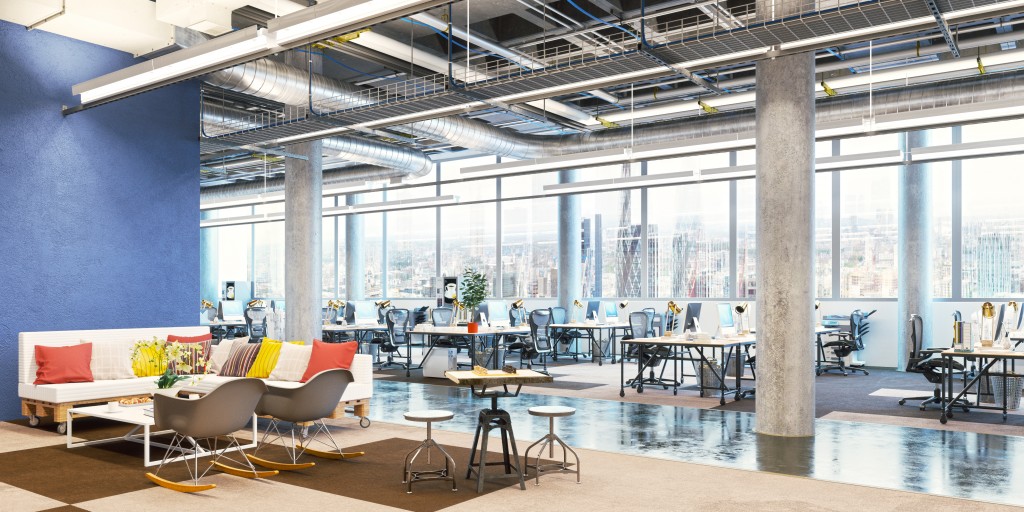Our productivity depends usually on our mood but oftentimes, we work effectively according to how comfortable we are in our workplace. Offices nowadays offer its employees modern interiors, equipment, and ergonomics to increase everyone’s capacity to be productive.
One thing employees are most concerned about is temperature. Air conditions are not only supposed to be cold, it should condition temperature inside a room. When placed in extreme temp in the office, it can likewise lead to extreme responses to keep oneself at ease. A room that is too cold or humid will either be adjusted or ignored depending on who’s in charge.
A 2018 survey shows that a part of 1,012 workers in the private sector say their office has never been in an alright temperature—always either too hot or too cold.
Extreme Temperature Is A Distraction
A loud noise, sudden movement, and online activities are the few main interferences in a worker’s efficiency around the office. It can be tolerable at times but when done frequently despite warnings, it can compromise your work and relationship with your boss.
If you are already aware, temperature plays a big factor in a person’s aptitude for accomplishing tasks. It is believed that the more “chilly” the office the more focused people can become, at least for Mark Zuckerberg who puts the thermostat at 59°Fahrenheit.
Other bosses do the same thing as it contents everyone and is another reason to put on another layer to keep one comfortable more than ever.
How Cold Should You Keep Your Temperature?
The U.S. Occupational Safety and Health Administration (OSHA) recommends that an office should maintain between 68° and 76°F. Although the ideal temperature according to experts is at least 71.6°F, it varies based on a person’s preference.
If you are in Utah, for instance, where it can be humid in the summer, expect to adjust your temp at work to be lower than normal. It would also be advisable to contact a commercial heating, ventilation, and air conditioning (HVAC) service in Utah to know what more adjustments workplace needs.
If you’re lucky to be working for a boss who provides company vests to cope with the numbing air in the office, then there’s no need to regulate temperature. But despite being offered with equipment, the majority of employees wish to reach a balance insofar as air conditioning is concerned. Because however comfortable one is, there will be co-workers who will try to change the temperature, especially when it breezes right in front of their faces.
The issue of temperature can’t be settled if not with the proper advice and regulation by professionals. While it seems to be trivial, we can’t ignore the fact that heaters and air conditioners play a notable role in the improvement of one’s work rate, from the time they start with assignments to submitting their final outputs.
Determine a collective preference and decide correspondingly to embrace your work climate. You may also impose some house rules regarding how you should control the office temperature that everyone will benefit.

